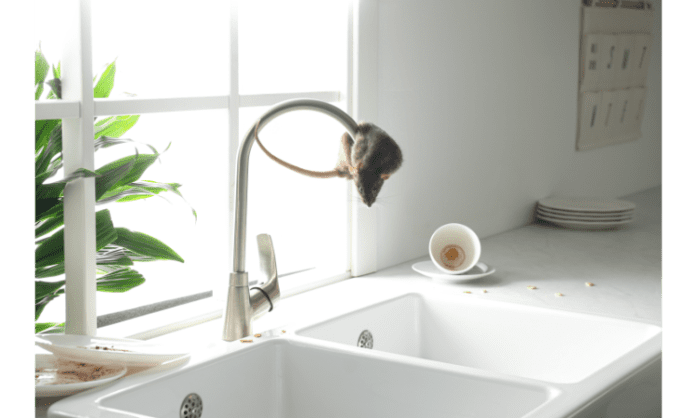
Most pests enter the kitchen through the doors or windows. You may also see them while you are cooking, but they are not normally interested in people unless they have no other way out of the house. You need to make sure that these pests do not find their way into your home and stay there.
Keep all food items in sealed containers and store them away from any cracks or crevices where insects can crawl in and hide. When you are cooking at home, keep everything covered up so that nothing falls on the floor which might attract insects. Do not leave any dirty dishes lying around either because these will also attract bugs into your home if left uncovered for too long.
Fresh Basil Leaves
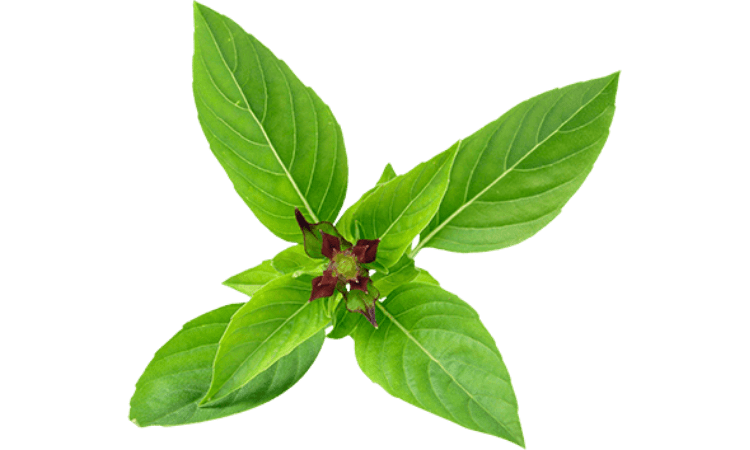
One of the best ways to keep pests out of your kitchen is by placing fresh basil leaves in areas where they’re likely to hang out. To do this, you’ll have to get creative! If there’s a spot in your kitchen that draws unwanted visitors, try placing some fresh basil leaves there, replacing them every few days.
You can also place unwashed basil leaves in a jar and store them in the fridge for up to three weeks. Dried and stored properly, these leaves can last for months; however, if you want something more permanent than frozen pest repellent (which doesn’t last as long), drying is your best bet.
Coffee Grounds and Vinegar
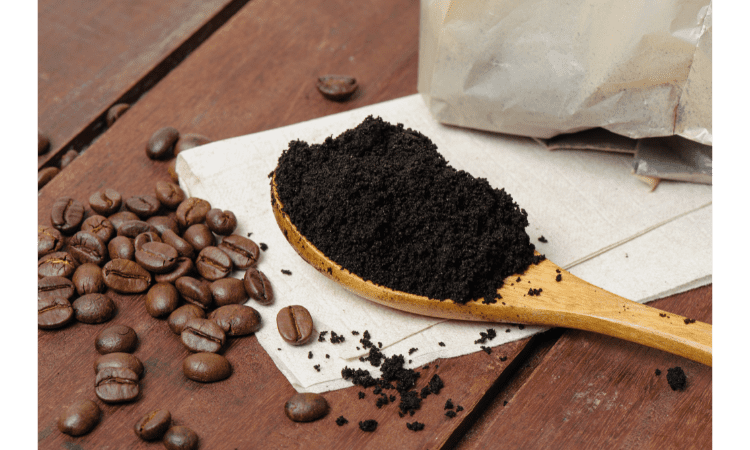
Coffee grounds and vinegar are a great way to get rid of pests in the kitchen. They’re cheap, they smell good and they work to keep bugs out of cabinets!
To use coffee grounds, simply place a bowl of them near where you suspect pests might be hiding. Leave them there for a few days or weeks until you see that no more pests were attracted to the aroma. If you find that some bugs still remain after using this technique, try leaving out some coffee grounds in an open container with holes punched at the top (this way air can still flow through). Then leave it there for another day or two before disposing of it completely.
Bay Leaves

You can use bay leaves to keep bugs out of the kitchen cabinets. Bay Leaves have a strong scent that bugs don’t like, but you won’t be bothered by the odour if you use them properly. This is a natural way to repel pests and doesn’t involve toxic chemicals that are harmful for both humans and pets.
- Add one or two bay leaves to pots when cooking vegetables or stews.
- Tuck a few bay leaves into crevices around your cupboards and drawers where insects like to hide out, such as under the sink or behind kitchen appliances like an oven or refrigerator (don’t forget any crawl spaces).
Lemon Spray
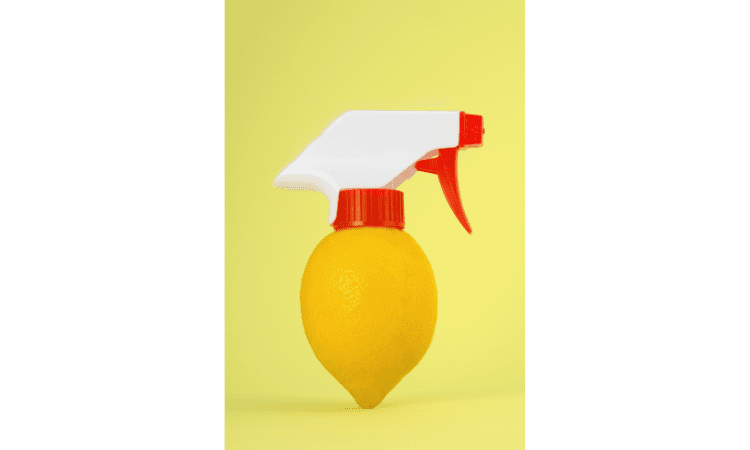
Lemon Spray is a natural remedy that can be used to get rid of tiny bugs on kitchen counter. It’s cheap, easy to make and can be used in many ways. Lemons are known for their antibacterial properties and citrus oils which are effective against a wide variety of insects including cockroaches, fleas, flies, mosquitoes, mites, ticks and even bed bugs (source).
Some people may find the smell of lemons too strong so if you’re one of them then try mixing it with vinegar instead or dilute it with water before spraying.
Eucalyptus Oil is effective to get rid of insects in kitchen
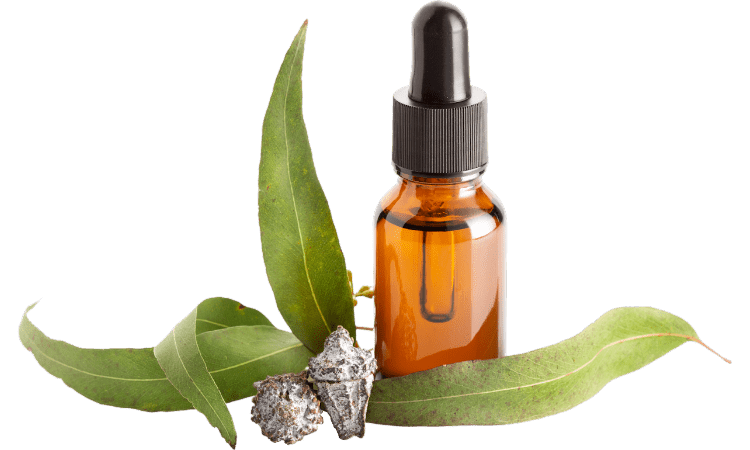
Eucalyptus oil is a natural insect repellent. It can be used to repel fleas and ticks, ants, moths and other pests. It has also been found to be an effective mosquito repellent.
Unlike most commercial bug sprays that tend to mask the smell of humans but attract mosquitoes and other biting insects, eucalyptus oil actually disguises your scent while providing protection against various types of flying or crawling bugs that may come near you or your home.
It’s important not to overdo it with eucalyptus oil since it could cause skin irritations if used in excess amounts on pets or children who might come in contact with them before they can get washed off completely (most pet shampoos are ineffective against this kind of damage).
Using Salt to eliminate pests
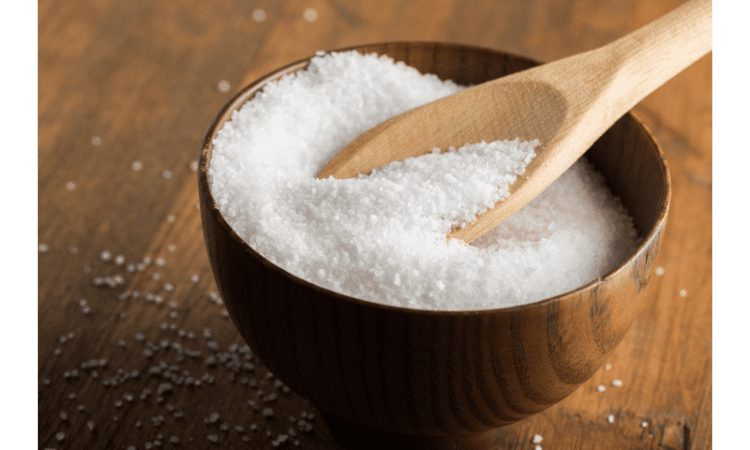
As a natural repellent, salt can help keep pests away. Salt is not toxic to humans or animals, making it a safe option for keeping pests out of your home. But if they do get inside, you’re going to have to use something stronger than salt.
If you want to kill the bugs that are already in your home, try sprinkling some salt around their nests or hiding spots before vacuuming them up and disposing of them outside.
To keep mice and other critters from getting into your house in the first place, sprinkle some salt along entry points such as windowsills or door frames—and any cracks where pests could squeeze through—to create an impassable barrier for small animals looking for somewhere warm and cozy during winter months (or whenever else).
Using clove to get rid of tiny bugs
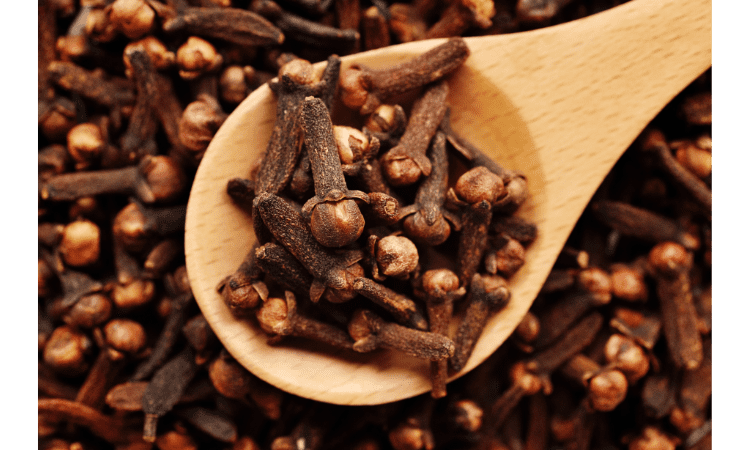
Cloves are an excellent natural pesticide. They are an antiseptic, antifungal and insecticide that can to help to get rid of brown bugs in kitchen and also from your home. Cloves have been used for centuries to repel rodents and insects from homes, so use them to protect yourself from these pests as well!
- Antiseptic: Clove is a natural antiseptic which means that it fights bacteria in the air. It also has powerful anti-fungal properties that will kill off any fungus or mold spores in the air quickly.
- Insecticide: The strong scent of cloves makes them perfect for repelling insects because most bugs hate the smell of cloves! It works well against ants, cockroaches, spiders, fruit flies and even termites!
- Fungicide: The strong aroma of cloves kills off all kinds of fungal infections like those found on plants or on people’s feet when they walk around barefoot outside too much (like me).
Conclusion
It is important to know how to get rid of pests in the attic and clean. Pests can cause illness and contaminate food, which in turn can make you sick. If you have food that is contaminated by pests, it needs to be thrown away or properly disposed of.
The best way to prevent pests from getting into your home is by keeping everything clean and tidy. Make sure that you are storing all food in a safe place where they cannot get into contact with any unwanted guests such as mice or rats. It also helps if there aren’t any dirty dishes lying around because this will attract them even more so than if they were on clean surfaces like counter tops or floors! If you do find yourself dealing with an infestation then there are some options available for getting rid of them quickly before anything else happens.”











